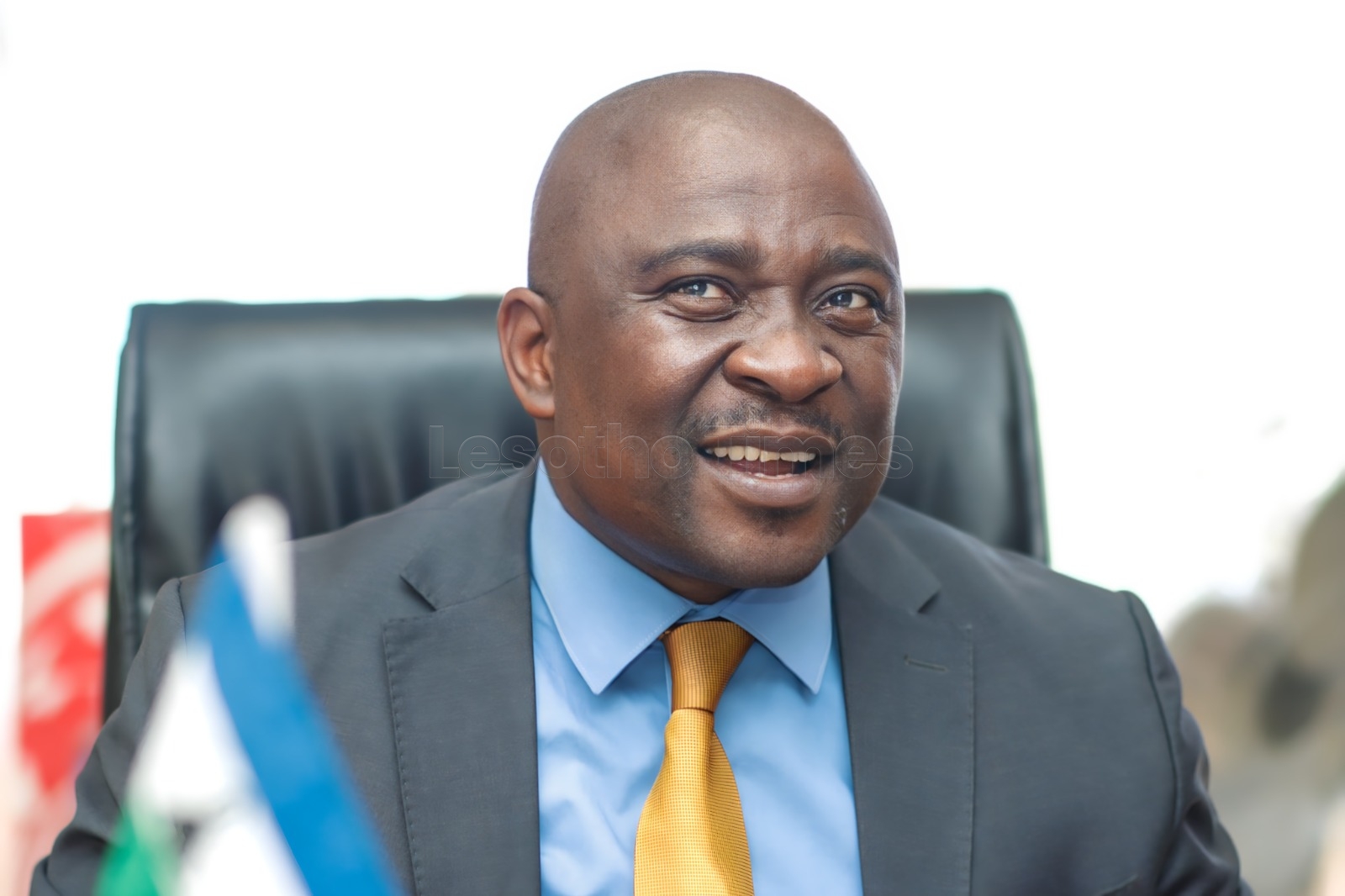—as Japanese group donates 20 dialysis machines
Mathatisi Sebusi
JAPAN’s Tokushukai Medical Group has donated 20 dialysis machines to Lesotho, bringing sharp relief for renal patients, many of who have been dying due to lack of adequate care.
Queen ‘Mamohato Memorial Hospital (QMMH) received seven of these machines this week while the rest would be installed in other health centers.
A representative of the QMMH Renal Unit, Thabang Tšenoli, said many patients had died due to lack of dialysis equipment at the hospital. Before the donation, many renal patients were referred to Motebang Hospital in Leribe.
Patients who could not afford transport to Motebang often lost their lives.
Dr Tšenoli said the lack of transport to Motebang Hospital was not the only issue as lack of admission space there was also a significant challenge. The Leribe hospital, which has 10 dialysis machines, accommodated only 40 patients, despite demand from across the country. Motebang had started offering the services after receiving the donation of 10 machines from the same Japanese donors in 2017.
Previously, private dialysis units were brought in to offer services at QMMH, funded by the government. However, when the budget ran out, patients had to bear the financial burden themselves.
“We were talking about people needing short-term dialysis. Those requiring long-term dialysis had to go to Motebang Hospital,” Dr Tšenoli explained.
“Dialysis sessions are expensive, costing between M4000 and M5000 per session in the Intensive Care Unit (ICU), and taking about four to six hours depending on the patient’s condition. This high cost meant many patients could not afford the treatment, and without transport or space at Motebang Hospital, their lives ended,” Dr Tšenoli said.
The donation of the dialysis units has brought hope to both doctors, who have witnessed the needless deaths of patients, and the patients themselves.
“We already have two machines stationed at the ICU to offer short-term dialysis. Those needing long-term dialysis will also be assisted as we now have machines,” he stated.
Dr Tšenoli said access to the dialysis units would be determined by specific criteria, prioritising patients with higher chances of surviving renal disease over those with less chance due to other severe illnesses.
“For example, a patient with incurable, severe-stage cancer and kidney failure will not be assisted because their life would still be taken by the cancer,” he said.
Despite the new machines, Dr Tšenoli anticipates being overwhelmed by the number of patients needing dialysis.
“Motebang Hospital can dialyse 40 patients with their 10 machines. With our seven machines, we will accommodate between 28 and 40 patients when fully operational. There is a need for more dialysis units to cater to patients from other districts.”
For his part, the Minister of Health, Selibe Mochoboroane, acknowledged this was not the first time Lesotho received medical equipment from the Tokushukai Medical Group.
He said the 2017 donation to Motebang Hospital had enabled the government to establish its first dialysis unit.
“The current donation demonstrates Tokushukai Medical Group’s unwavering commitment to supporting Lesotho’s health system. The 20 dialysis machines and accompanying infrastructure development will not only enhance the country’s current capabilities but also enable the establishment of another dialysis unit in the southern part of the country, expanding reach and services.
“This donation is a monumental step forward, allowing us to double our capacity to treat patients in need of dialysis. It signifies a long-term partnership and a shared vision for a healthier future. The infrastructure is complete, the machines are here, and we are ready to commence operations,” said Mr Mochoboroane.
Mr Mochoboroane stressed the importance of prevention, noting that it was crucial for the country to educate its population on measures to prevent kidney disease and related conditions.
The Tokushukai Medical Group has also committed to training Lesotho’s doctors, nurses, and biomedical technicians to ensure the country has the necessary human resources to manage and maintain the dialysis services. Health professionals will undergo specialised training in cohorts, building a team capable of providing high-level care to patients.
Dr Shuzo Kobayashi, chief delegate from Tokushukai Medical Group, conveyed their commitment to helping African countries, including Lesotho, enhance their renal disease treatment. As part of this initiative, they have already trained two doctors, two nurses, and one medical engineer on dialysis, who spent two weeks in Japan.

